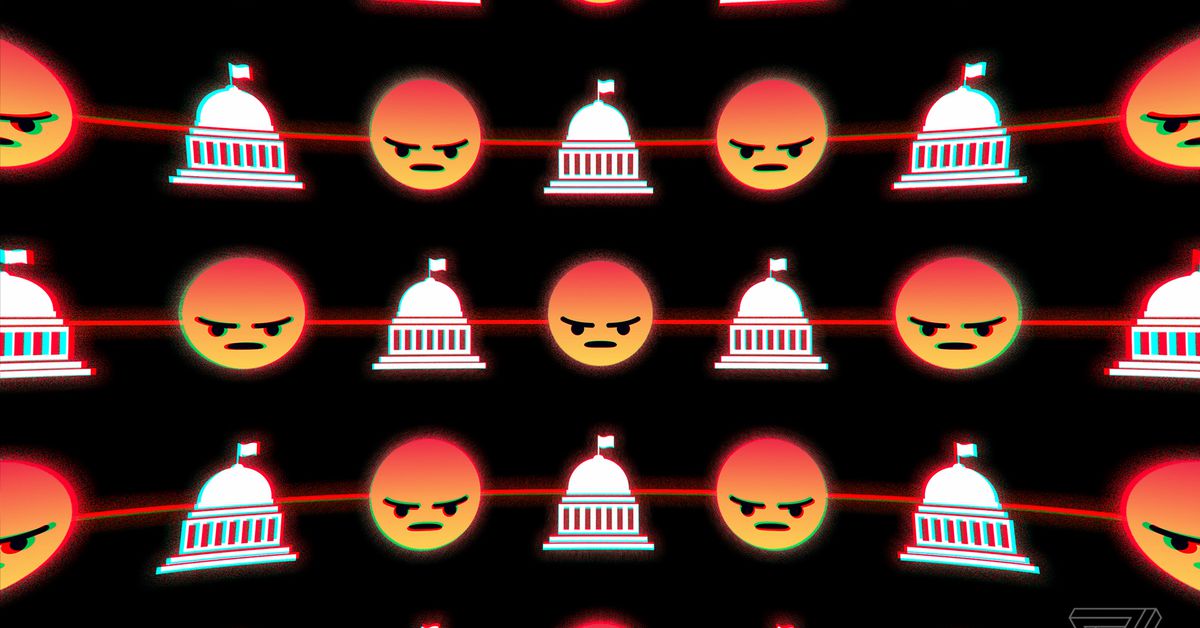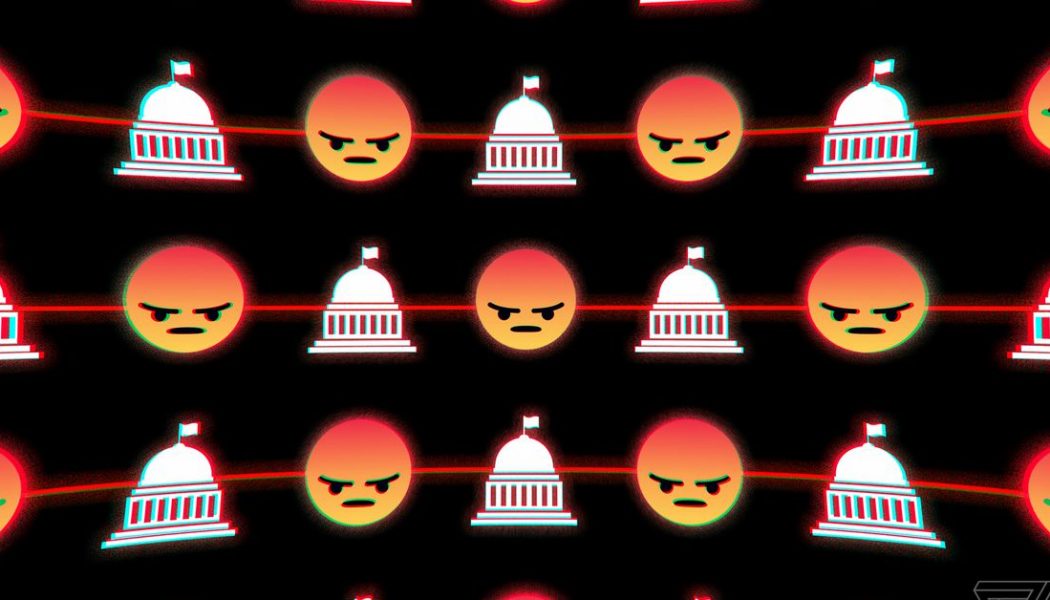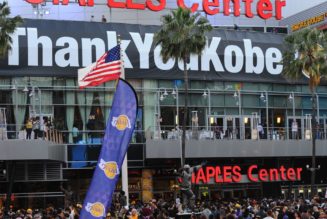
The parent company of a West Virginia newspaper chain has filed an antitrust lawsuit against Facebook and Google parent company Alphabet, alleging the platforms are siphoning away much-needed digital ad revenue. It appears to be the first such lawsuit by a news organization against the digital giants and makes the argument that the platforms represent a digital monopoly that should be broken up, like Standard Oil or AT&T were back in the day.
“Google and Facebook have monopolized the digital advertising market thereby strangling a primary source of revenue for newspapers across the country,” according to the complaint filed by HD Media, which operates the Pulitzer Prize-winning Charleston Gazette-Mail and several other West Virginia newspapers. The company bought the Gazette-Mail out of bankruptcy in 2018.
Doug Reynolds, president of HD Media, told The Verge in a telephone interview that the company decided it was time to challenge the status quo in the digital ad marketplace, not just for its own newspapers but for the entire news industry.
“In the last 18 months, we more than doubled our digital subscriptions. Our readers pay good money to engage with our content digitally,” Reynolds said. “We were trying new products, like newsletters and podcasts, and we kept reaching more people. But our revenue kept going down.”
Google and Facebook designed the current ad revenue ecosystem, then competed on the playing field they created, Reynolds added. “Then, they’re keeping score on the same playing field,” he said. “It’s an untenable position.”
The suit filed in the US District Court for the Southern District of West Virginia refers to last year’s House Judiciary report that examined whether the practices of Google, Amazon, Apple, and Facebook violated antitrust laws.
“As set forth in the House Judiciary Report, Defendants’ anti-competitive and monopolistic practices have had a profound effect upon our country’s free and diverse press, particularly the newspaper industry,” the complaint states. It then lists some sobering statistics about the newspaper industry: ad revenue fell by more than 50 percent between 2006 and 2017, and 20 percent of newspapers have closed over the past 16 years. “The reduction in revenues to newspapers across the country, including Plaintiff, were directly caused by Defendants’ conduct,” according to the lawsuit.
The complaint is similar to a case in Texas last year, which alleged Google and Facebook worked together to sabotage “header bidding,” which allowed advertisers, including competitors, to bypass Google’s ad auctions. Texas state Attorney General Ken Paxton said Google “repeatedly used its monopolistic power to control pricing” in online ads.
The West Virginia suit alleges that Google and Facebook, normally rivals in the digital ad market, had a secret agreement code named “Jedi Blue.” That deal, the suit claims, was a quid-pro-quo where “Facebook would largely forego its foray into header bidding and would instead bid through Google’s ad server. In exchange, Google agreed to give Facebook preferential treatment in its auctions.”
The New York Times first reported on the existence of the Jedi Blue program earlier this year based on redacted references from the Texas case.
Google spokesperson Peter Schottenfels pointed to a blog post Google released earlier this month in response to the Texas complaint, particularly a section that highlighted what he said were “mischaracterizations about our Open Bidding agreement with Facebook.”
According to the blog post, open bidding works with “a range of ad networks and exchanges to increase demand for publishers’ ad space, which helps those publishers earn more revenue. [Facebook Audience Network]’s participation helps that. But to be clear, Open Bidding is still an extremely small part of our ad tech business, accounting for less than 4 percent of the display ads we place.”
The company does not manipulate the open bidding process in Facebook’s favor, the post states.
Facebook did not reply to a request for comment from The Verge.
Reynolds says he expects the suit to take several years to resolve, but he’s prepared for a long battle. “I think my preference would be for these companies to be broken up the way Standard Oil and AT&T were,” he added. He says when he bought the Gazette-Mail in 2018, readers clearly understood the intrinsic value of having a thriving local newspaper, something Reynolds believes is in danger if the industry can’t figure out how to get control of its ad revenues again. “There will be no local newspaper coverage in ten years if we don’t win this suit,” Reynolds said.










